The battle of the screws: Pozi versus Torx
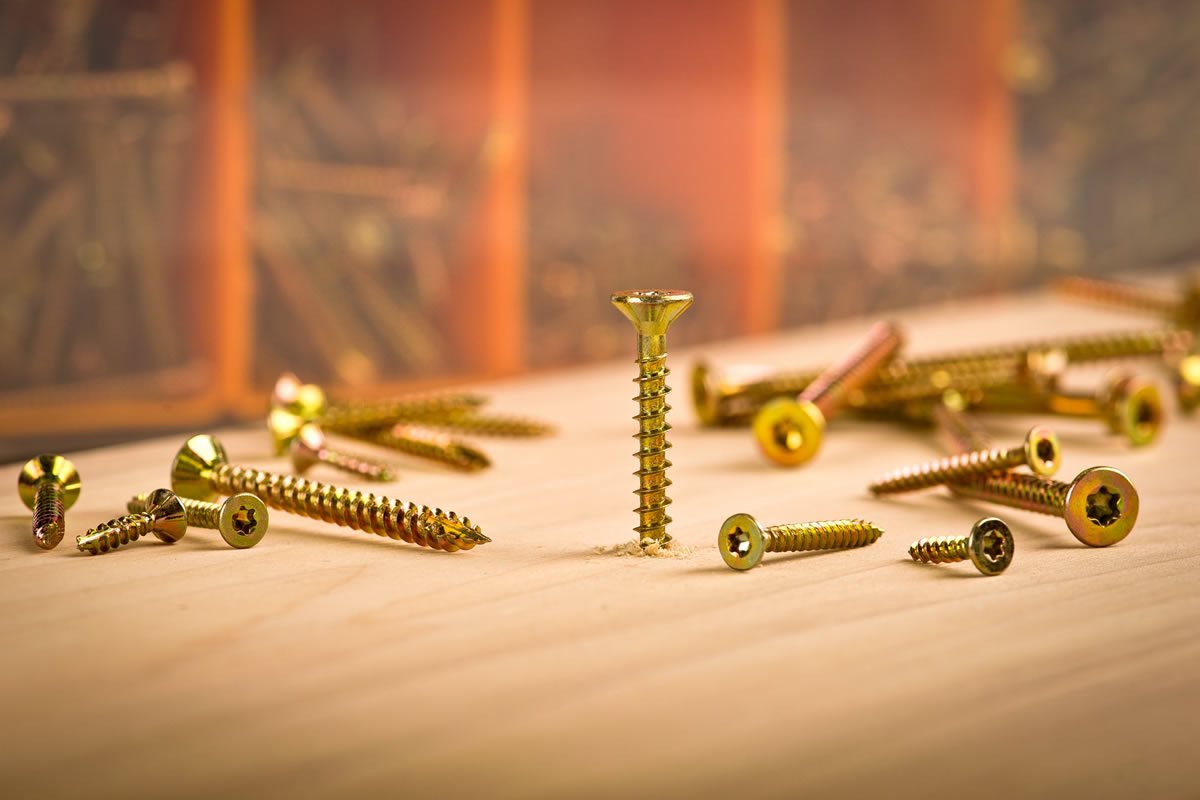
I’m a convert and no, I haven’t given up the drink and gone teetotal, rather I’ve switched allegiance from Pozidrive to Torx headed screws.
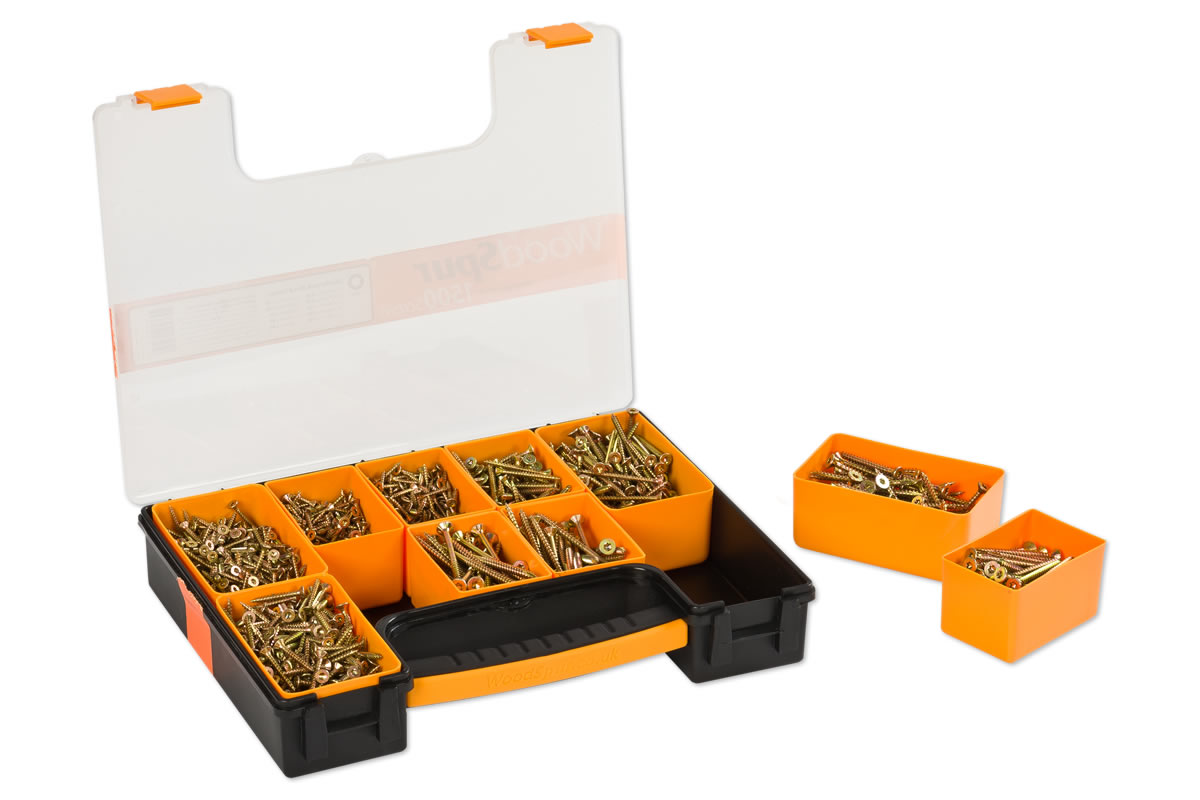
When I started woodwork many years ago, like many others, I used the traditional steel and brass countersunk slotted screws, which are excellent when driven by hand using a screwdriver where the blade fits exactly into the slot. I still use brass screws with polished heads for hinges and where the screws will show, but they’re becoming increasingly difficult to find, which is slightly irksome as, at one time, the local ironmonger in the town or village would have stocked a reasonable selection. Alas, those days are long gone.
The development of the rechargeable battery powered drill driver sounded the death knell for the traditional slotted screw as no matter how carefully they were used, the bit invariably slipped out of the slot at a crucial moment and gouged its merry way into the job.
In order to prevent this slippage, the Phillips screw, with its star shaped recess, was probably the first basic attempt at a screw head designed specifically to be driven by power. It sort of works, but suffers from the dreaded affliction of ‘cam out’ as the driving force is axial, rather than radial. This means that as the screw is driven into the wood under increasing force, there’s a tendency for the bit to slip if there’s the slightest deviation in the correct contact angle with the screw. We’ve all experienced this effect at some point when you hear that ‘rat-a-tat-tatting’ of the bit as it attempts to vainly turn the screw the last few millimetres into the wood. The immediate effect is that both the bit and screw are invariably mangled beyond redemption and both usually need to be replaced.
The Phillips head was superseded by Pozidrive which had a similar looking head and which promised to be much better, which to a certain extent, it was but.... it still suffered from ‘cam out’. Not as badly, it has to be said, but unless you’re extremely careful, you’ll still mangle bits and screws.
Clearly, the ‘star’ shape of both the Phillips and Pozidrive screws prevented the bit from slipping completely out and onto the work, but the cone shaped recess on each type meant that both the bit and screw were prone to ‘cam out’ damage.
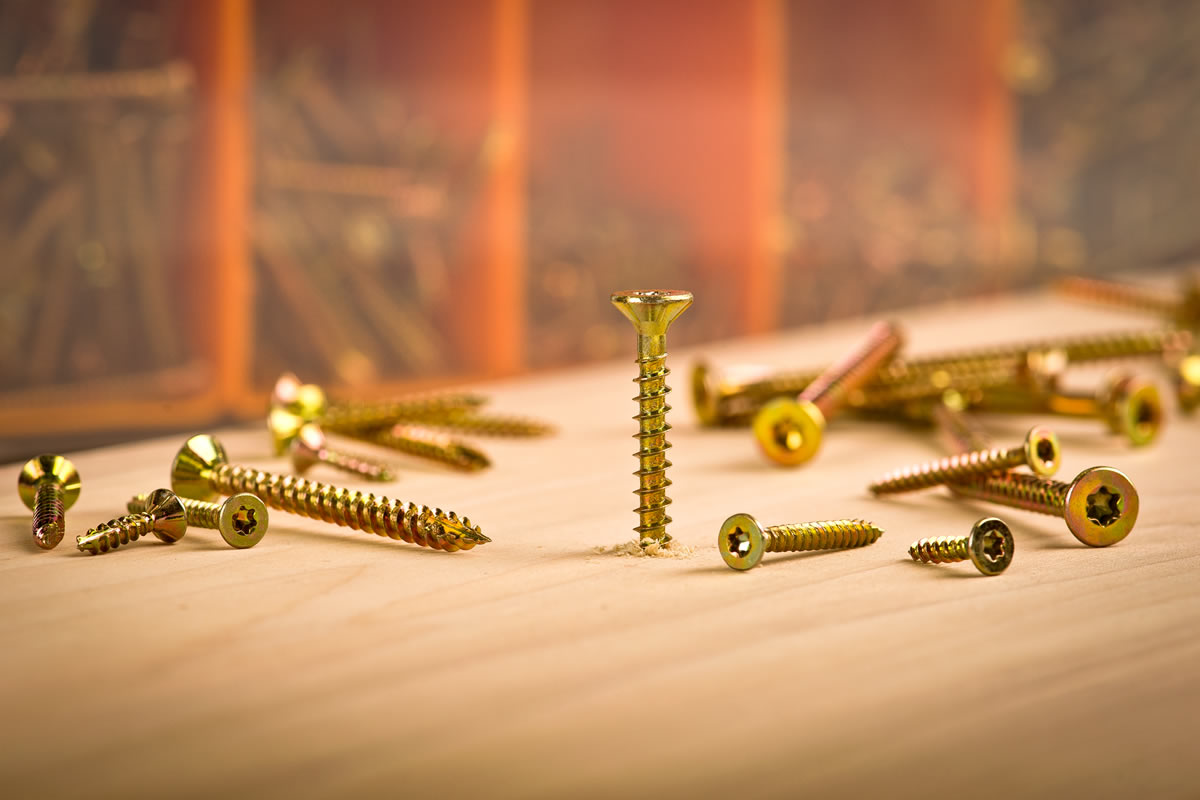
The shape is still ‘star’ shaped, but now the driving lands in the recess are parallel to the screw shank, so that the torque applied is truly radial rather than axial and is thus transmitted far more efficiently to the screw.
The result is that the screw requires a lot less effort to drive into material, so much so that the screw head will end up several millimetres underneath the surface of the job unless you’re quite careful, but the greatest bonus is the almost complete elimination of the scourge of ‘cam out’.
I tried some of our Axminster WoodSpur Torx headed screws out in the workshop and was simply astounded at their performance.
Anyone want about 1500 Pozi screws before I bin them?




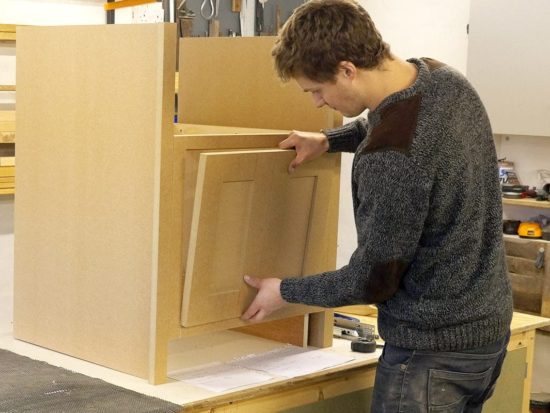
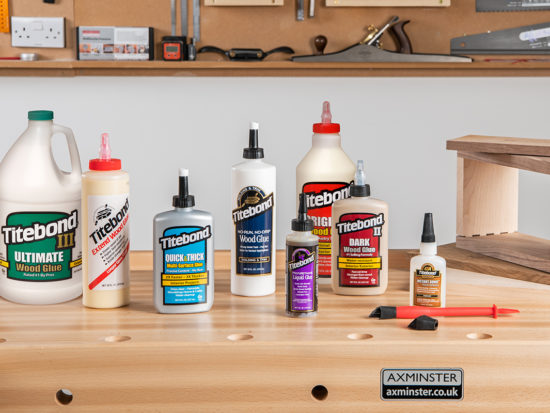
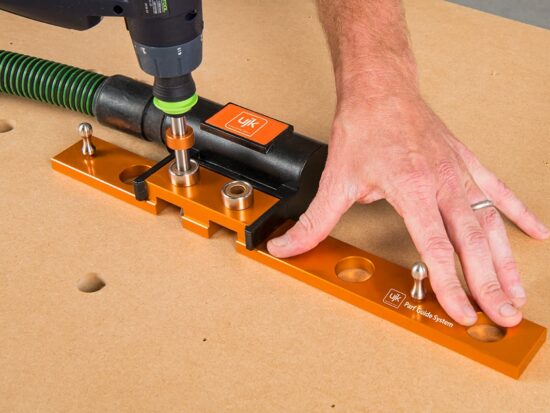
I would agree that for most applications of 'indoor' products the torx is a better screw, now if only I could get torx screws in stainless steel for 'outdoor' products I would be much happier.
You will! WoodSpur stainless steel A4 Marine Grade Torx head screws will shortly be coming to an Ax store (or web site) near you. I've had a look at the sample at AxHQ and they're every bit as good as the WoodSpur Premium screws.
Cheers, just added some to my latest order and will let you know how I get on with them.
Please do Niall, we welcome all feedback, positive or negative. I'm pretty sure you won't be disappointed.
Well I finally got these delivered, seems I have a gift for the moment at buying stuff from Axminster that goes on backorder - don't even mention Leigh jigs...
So far so good with them, I have been a keen user of Screwfix Turbo Gold stainless screws to date and so far I think it about even between the WoodSpur and Turbo Gold. Without a doubt the Torx head helps a LOT driving screws into Oak without pilot holes, however I do think they lack something over the Gold's 'rifled shank'. I am going to leave a few weeks to see how some harder use goes and also see how well they do in products out in the weather. One thing I am aware of is I need to spend more time getting the clutch setting right on the driver as the downside' of very positive engagement in driving the screw is so far I have snapped a few, whereas the Pozi headed screws will cam out more often than snap. I suspect once I get used to how best to drive the screws in that the Torx will win. Once I have my conclussion I will post a review on the product page.
Many thanks indeed Niall. Any reviews are gratefully received and I'm aware of the issue with the clutch setting on the drill driver...please let us know your conclusions.
Snapped a few???? Never had a snapping problem in the twenty years I've been using them! Pilot holes?????
I'd guess you need to use this with the torque settings on your driver to avoid over tightening. I have to confess those settings are a bit of a mystery, I normally just set it mid range and Increase as needed.
As I do, but if you set the torque setting to 'max' there's a real danger that the screw heads will disappear completely, especially in softwood,
Having mangled more than my fair share of Philips and Pozi head screws I was delighted to come across Torx head wood screws. Woodworkers now have the equivalent of an Allan head screw.
I've recently bought my first house, and from the word go decided I wouldn't use anything but torx screws for any projects/jobs around the house. For years I always thought philips/pozi were just daft, always caming out, and one day I googled torx screws, just in case someone had the same idea as I did! I bought a case of screws from Axminster (admittedly I did get an empty, larger steel trade case to put them into) and they have been faultless! In fact I need to get back into the shop this week for a top up after building a fence. Glad to see a stainless steel version becoming available (although too late, my fence is built now!).
Good to see that you like our Torx screws. I didn't realise until I did a bit of research that the original Philips screws were designed to cam out when a certain torque was reached. If memory serves, I believe it was in the American motor industry where a screw that was too tight would damage component it was fitted to...might possibly though, have been in the aero industry, but I'm more than happy to be corrected if anyone knows differently.
I heard this about ten years ago on a Radio4 programme. I definitely heard motor industry mentioned. A marvellous example of how unsuitable items get sold because of marketing.
I had the real pleasure of getting my hands on some square hole screws, called "Robertson drive screws"... those were absolutely delicious to work with! their fit on the square head screwdriver was quite tight, so the screws became very solidly held on the screwdriver, precluding any screw dropping into machinery or difficult places. Unfortunately, it seems those are too difficult to get nowadays. Another ones I got recently, are similar to the Axminster, but with an hexagonal recess. These have the advantage that you can use one of those extremely Handy "ball end" Allen key, that allows you to apply torque from an angled direction, for those cases where something is in the way.
For that purpose, I got an inexpensive but still rugged set of long Allen type ball end keys set, then I took my old Dremel tool andproceeded to cut the short side of the "L" type keys; this gave me a set of nice ball-end bits that allow me to quickly install the hexagonal recess screws at an angle, and to turn around the cut Allen key in order to use the non-ball end when I need to keep the crew aligned on the cordless driver. But looking on the Torx screws offered by Axminster, they look very promising indeed. Amclaussen, Mexico City.
Just a pity they are so much more expensive, As a pensioner I have to watch the pennies, I don't ask for money when I do jobs for people. I just hope that as they become more popular the price will drop. as they are made in exactly the same way, I used to operate the machines that made screws which had been modified for a different job and one day while cleaning out I found a pile of slotted and Phillips screws that had dropped into the depths of the machine.
I've just done a very swift comparison of the prices and for example, a 50mm long, 4mm dia. Torx screw is the same price (£3.96) per box as the Pozidrive equivalent.
Well, the last time I looked my local Screwfix is charging a lot more for a trade pack of torx compared to phillips.
There you go...you're shopping in the wrong place!
All we have locally is Screwfix and Toolstation and they only sell pozi
My commiserations. Jesting aside, Axminster orders under £50 will only cost you the princely sum of a round pound and if you spend over the magic figure, delivery is free and gratis. Order online or 'phone (free) on 0800 371822 to let us know what you want and your screws may drop onto your doormat within 36 hrs or even the next day.
Toolstation sell very cheap torx screws.
I won't use anything but Torx. (Except for slotted heads all aligned for hinges!)